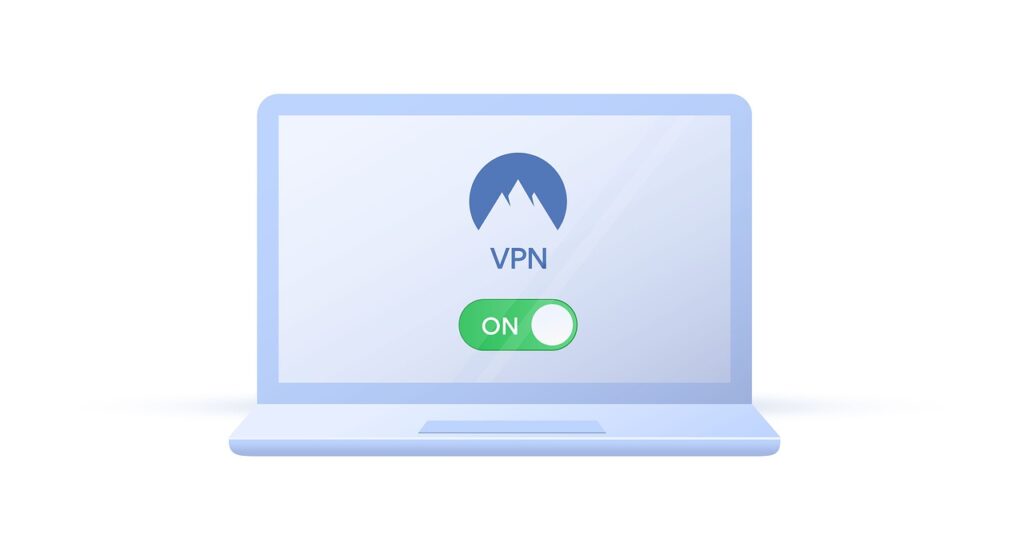The first Thursday of May marks World Password Day. Why is there a day set aside for passwords and cyber security? Good question! It gives people a chance to stop and think about their passwords and password management. Given that nearly everything we do – from banking to shopping to scheduling appointments – is online, passwords are a critical part of most of our lives. Having a password that is too weak or frequently repeated too often can significantly compromise your security and privacy. Not to mention, the toll that a password hack can take is sometimes quite costly.
For small businesses, World Password Day should be of particular importance. Companies have to protect their sensitive information and data, but they are also responsible for protecting their clients in some cases. Cybersecurity breaches can cost a company a great deal of money. And if you are a smaller business, this is likely money that you do not have, especially right now. This is precisely why you need to take business cybersecurity seriously. Use World Password Day as a sort of wake-up call for your company. Be proactive and don’t leave your systems and devices vulnerable to hackers.

Make Your Small Business More Secure
1. Regularly change passwords
We are all guilty of it: we get used to a password and are hesitant to change it. This is perhaps one of the primary ways hackers gain access to your accounts. Changing your password regularly is imperative. And don’t use commonly thought-of words or numbers as passwords. For example, according to a Microsoft survey, over 15% of people will say that they use a pet name as a password. Birthdays and anniversaries are also quite common passwords. Think of a phrase or word that is not readily accessible. Mix it up by using special characters and capital letters as well.
2. Enable multi-factor authentication
One of the best defenses against cyberattacks and a surefire way to enhance business cybersecurity is to have multi-factor authentication. Layers of defense offer a superior offense. This means that you’re not only going to enter a password to access a particular account but also a code that is usually sent to your phone or email. Multi-factor authentication has become quite popular, especially among businesses. Every day, more companies are going this route and requiring customers to use this form of authentication.
3. Have updated anti-malware software installed
There are numerous viruses, worms, spyware, and Trojan horses. It may be challenging to protect against them all. But starting with high-quality cybersecurity software will give you at least a starting line of defense. And some programs and systems will automatically update on their own, depending on your plan.
4. Check to see if your company has been involved in a data breach
Often, individuals or businesses will be involved in a data breach and may not even know it. There are sites and specific apps that will allow you to check if your name or accounts have been compromised. Staying on top of this is essential!
5. Do not open unknown emails
And instruct your employees to do the same. Phishing emails are pretty popular and can be rather destructive. If you don’t know the email address, don’t open it. Generally speaking, avoid opening attachments, even from those you know; if an email asks you to click on the link, type that links into your browser instead. You want to steer clear of clicking on links embedded in the email text.

First Union Lending is Here to Help
We understand what small businesses are facing right now. Economically, things are somewhat tricky. With inflation, labor shortages, and supply chain issues, business owners are struggling to keep their companies afloat in some instances. That is why we want to help. We offer short-term loans, lines of credit, and SBA loans, among other financing types. Even for those whose credit score may not be ideal, we still have financing solutions available for you. Call today, and let’s get started.
